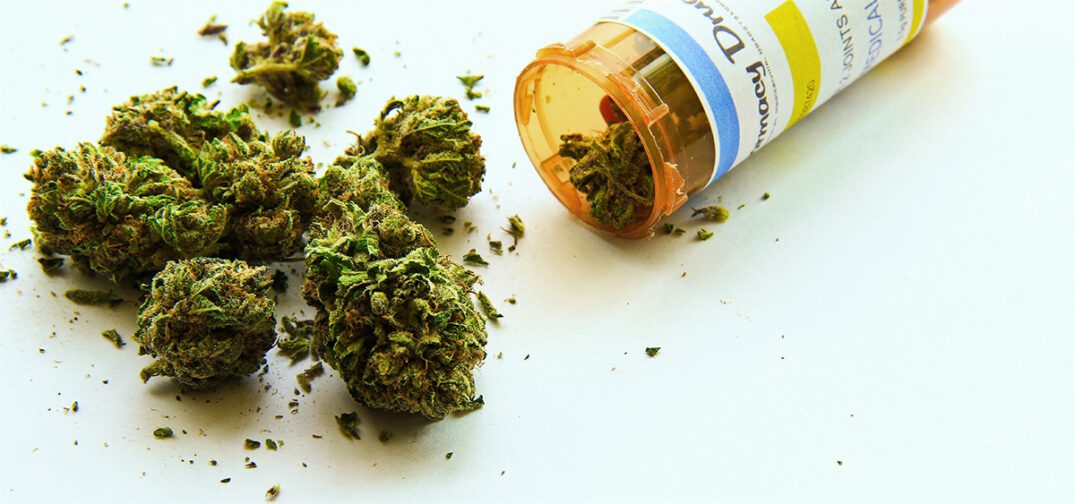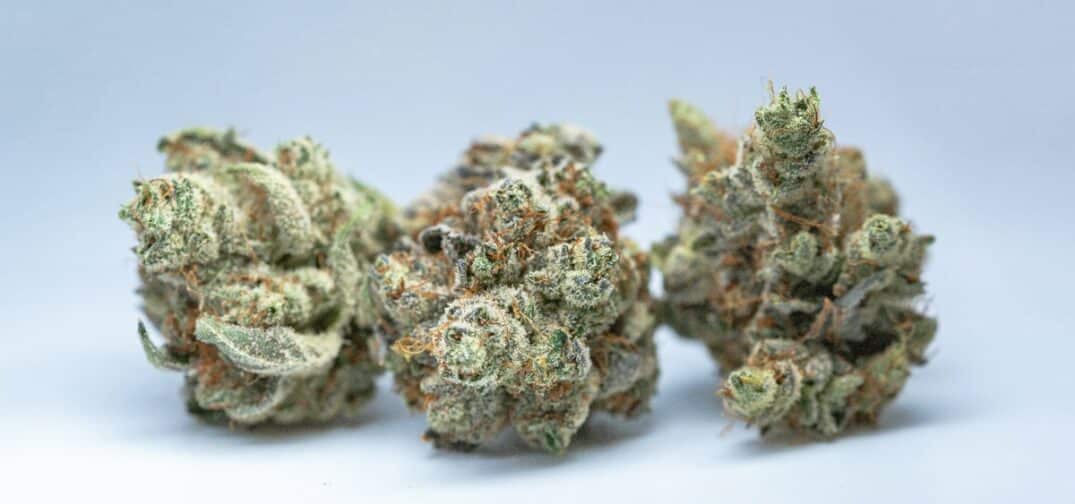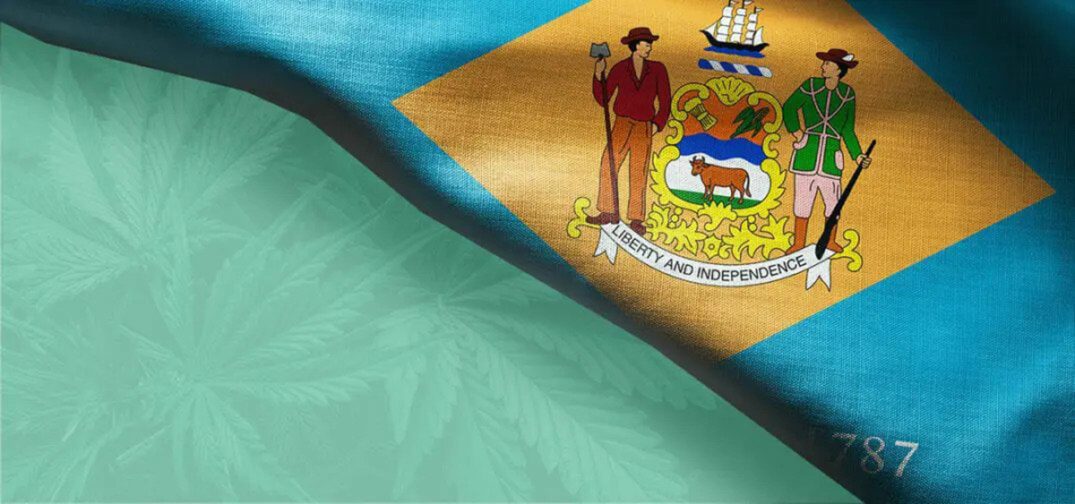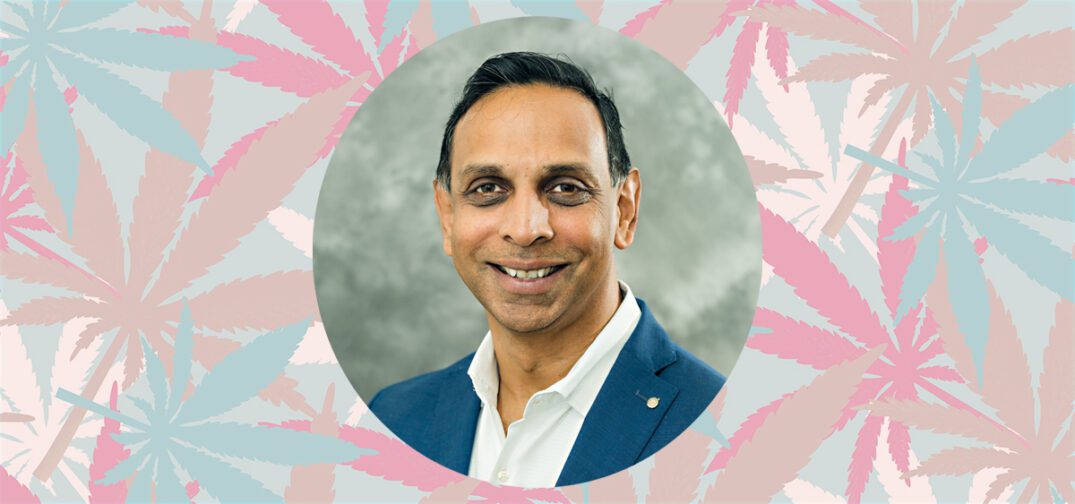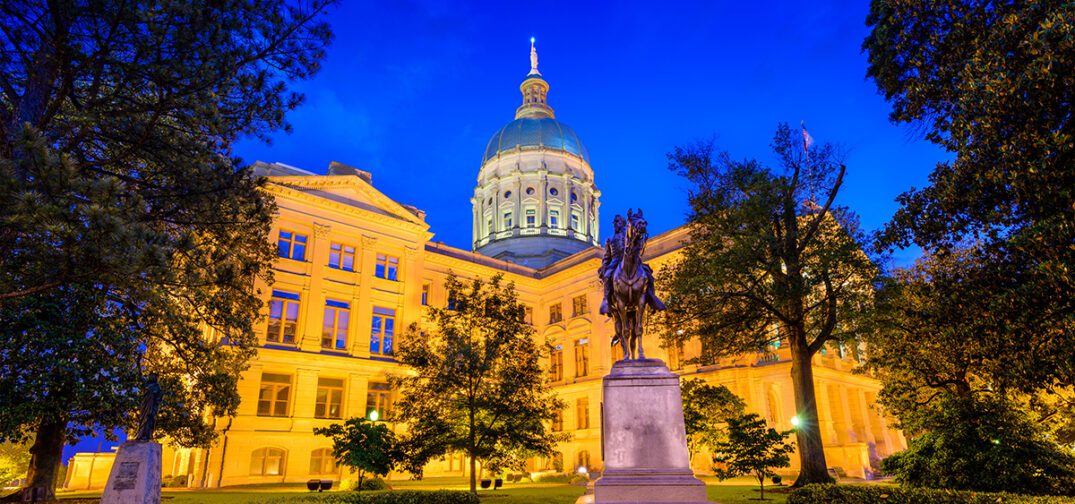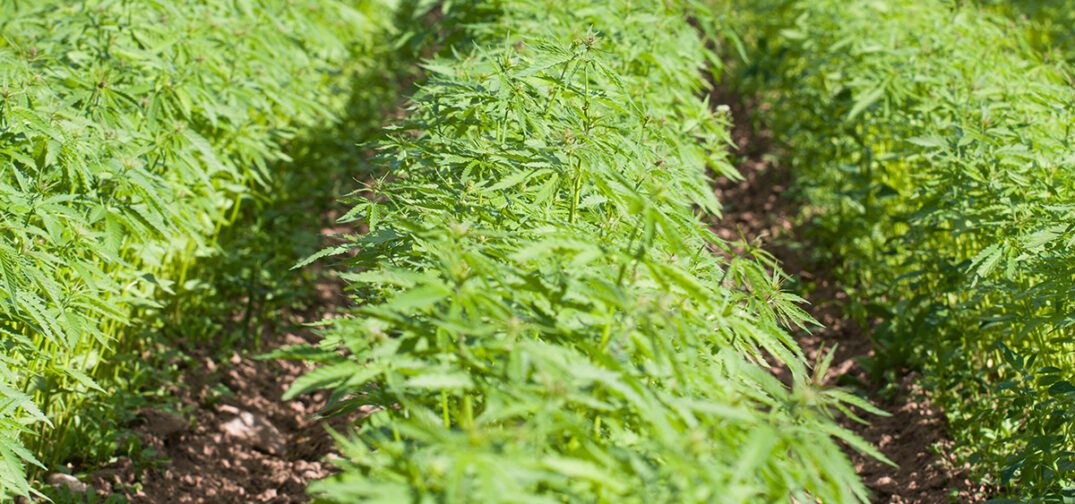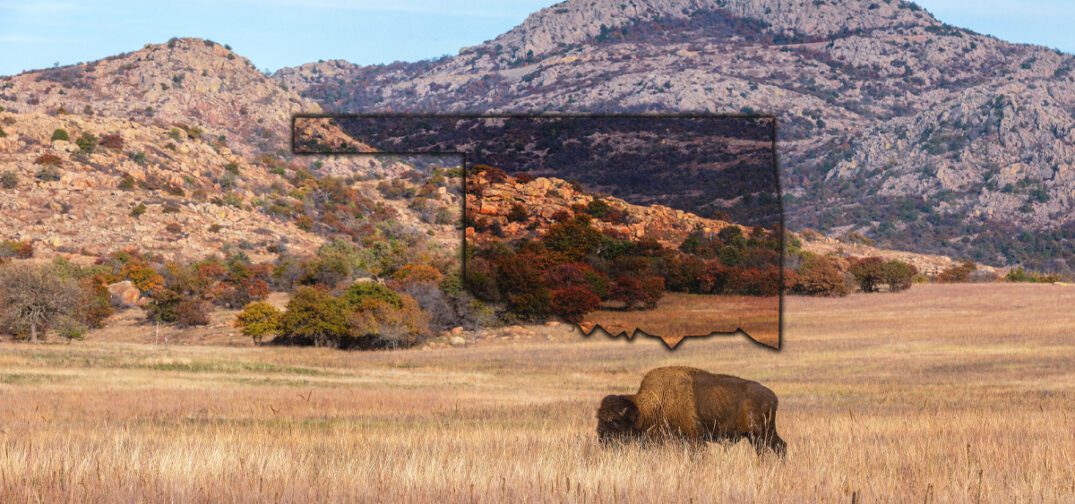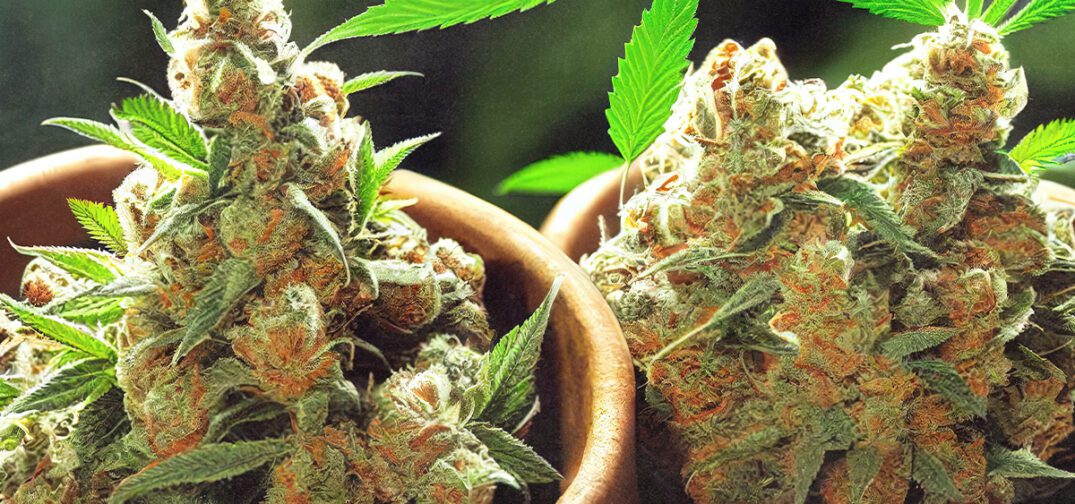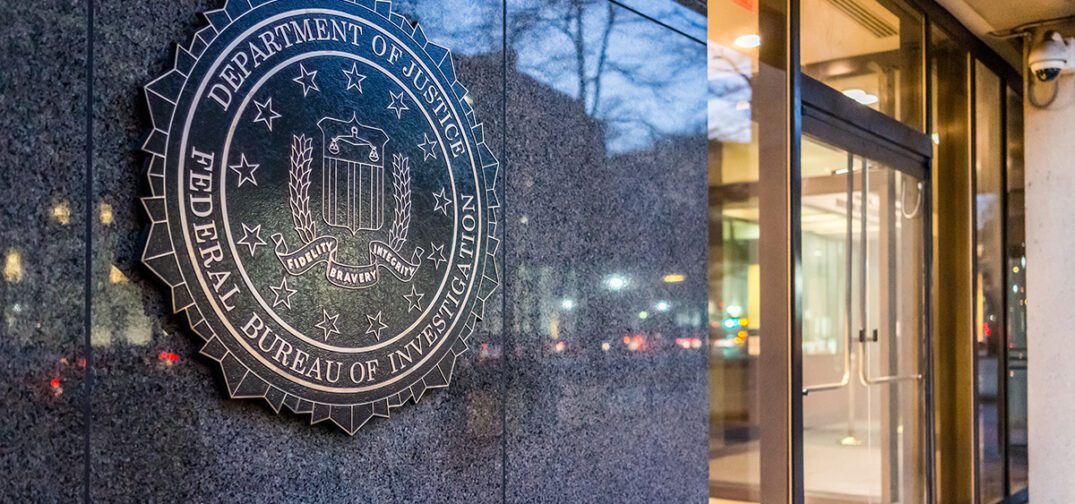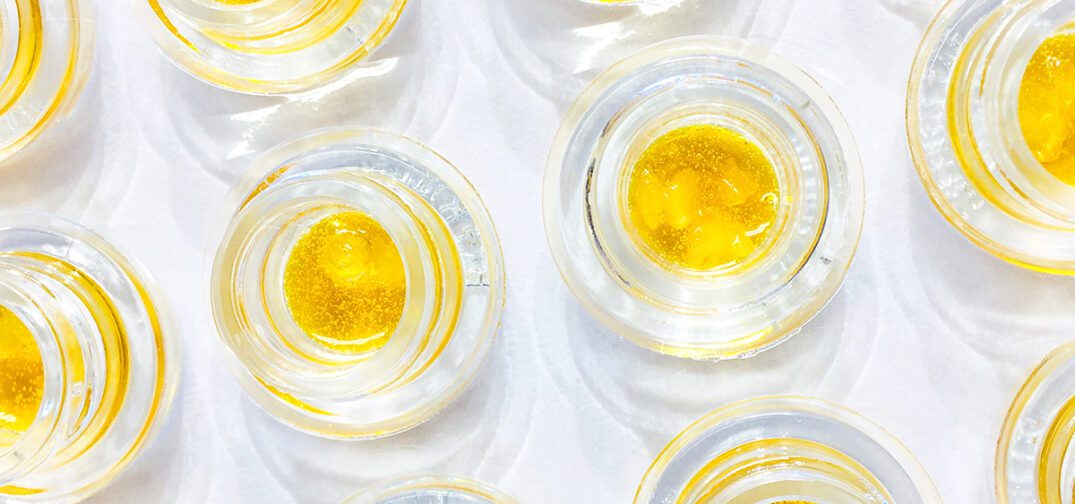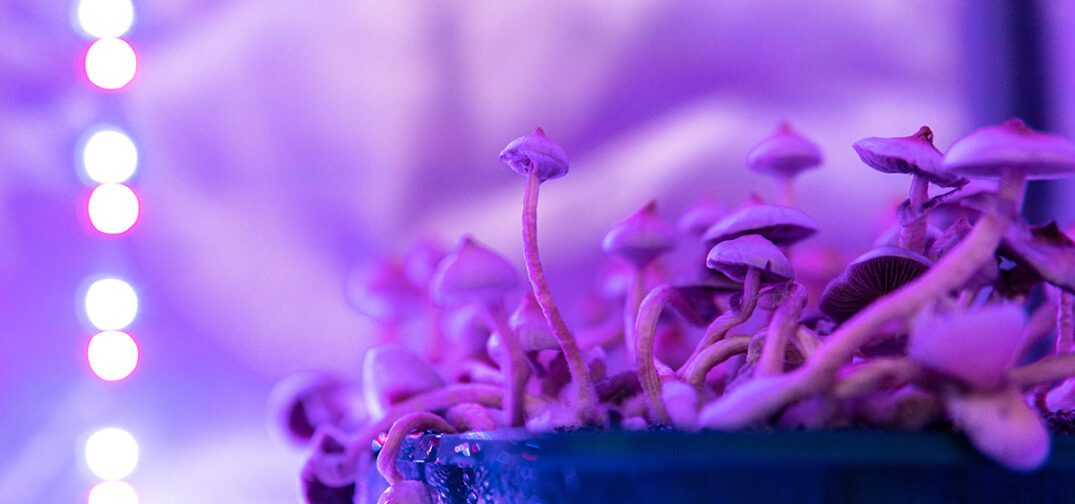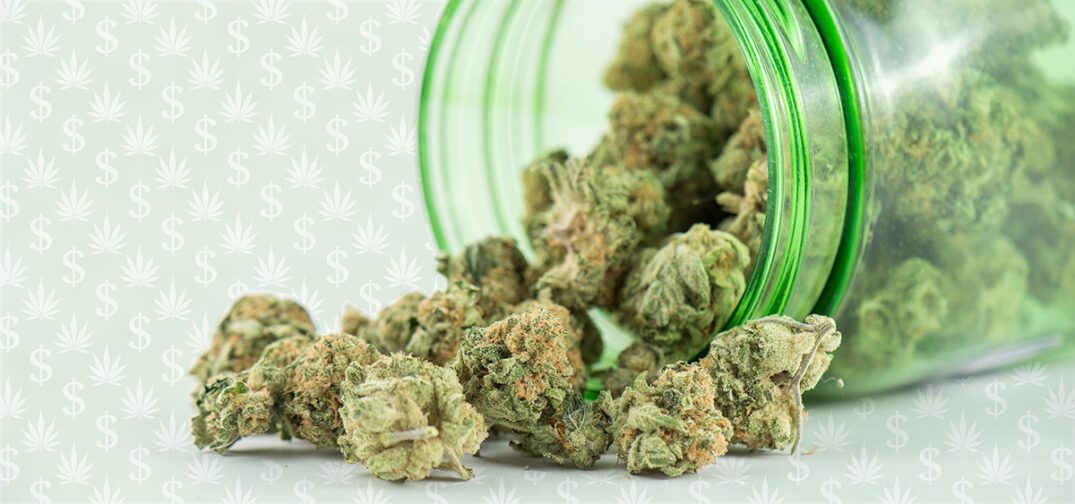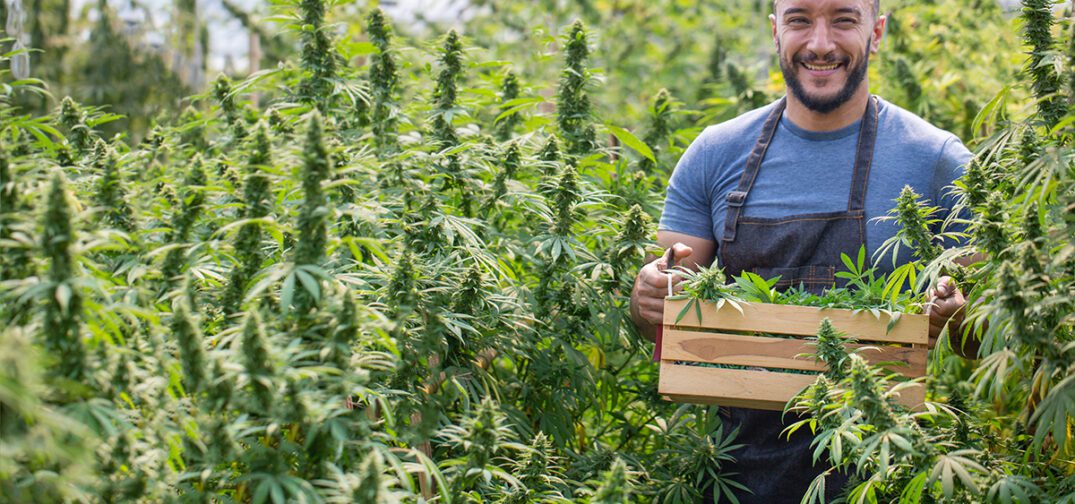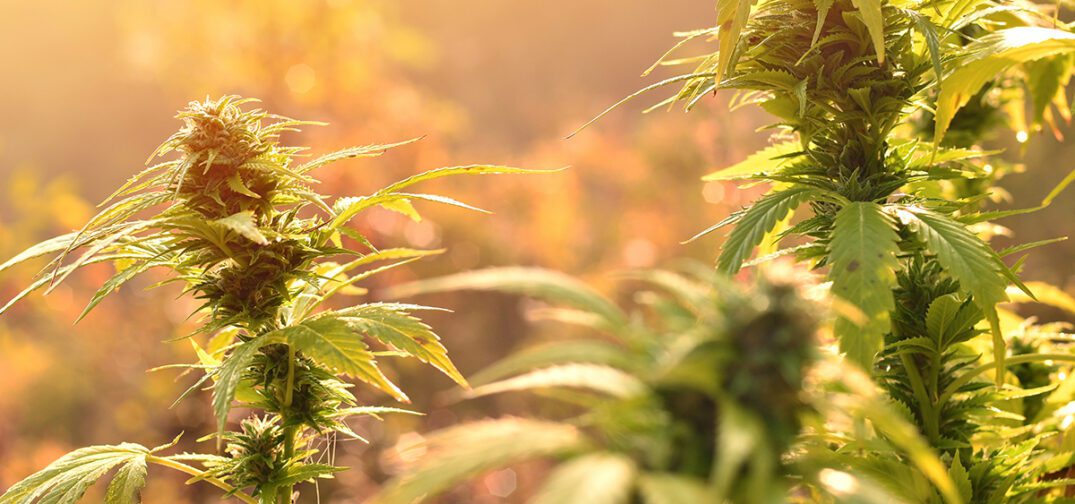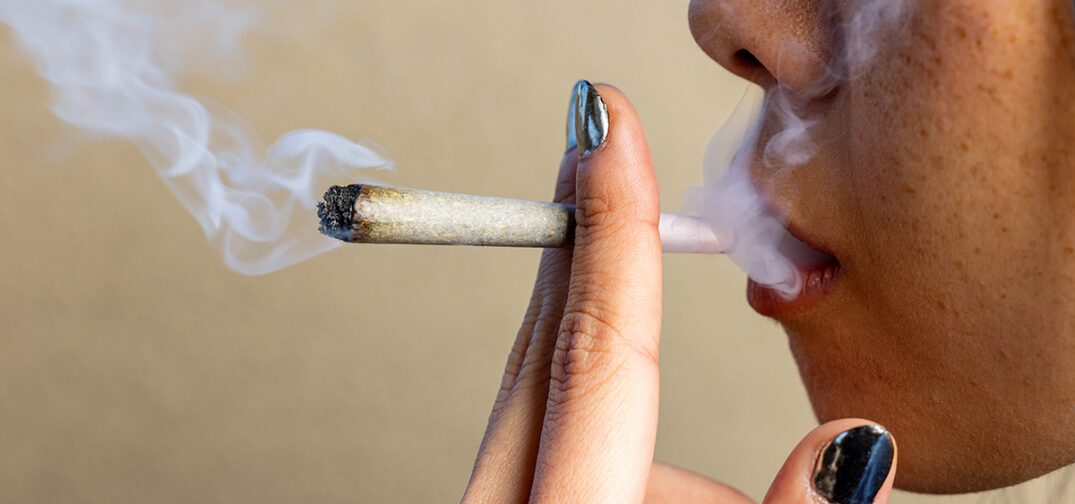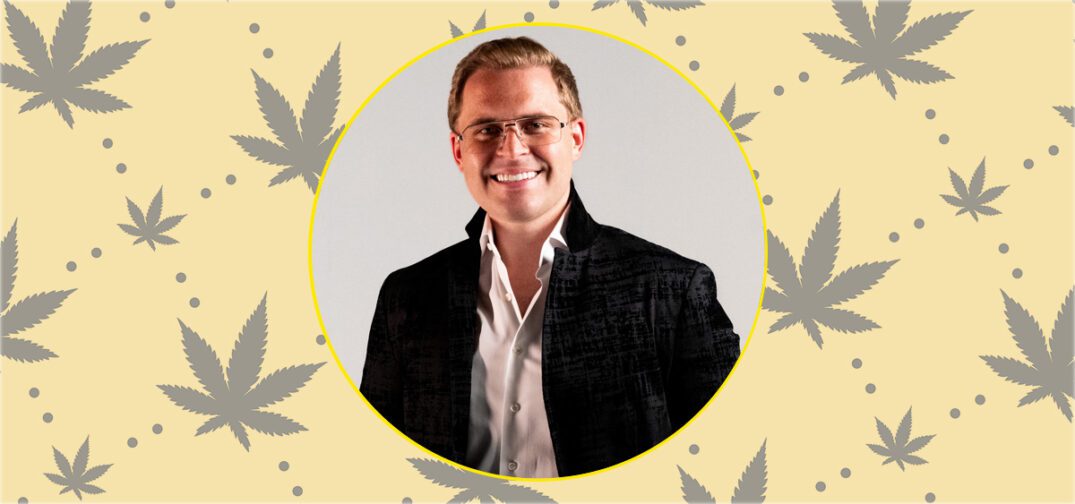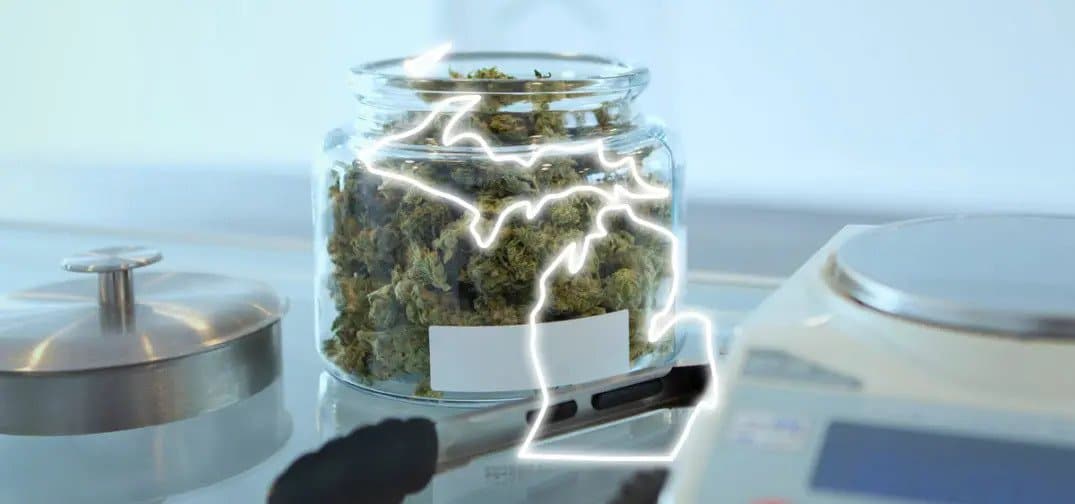Lab testing services constitute one of the key cornerstones of the cannabis industry and companies like PathogenDx — whose simple and effective microbial testing kits have transformed molecular testing standards for cannabis labs — are working to both streamline and improve the process.
In this written Q&A, we ask company CEO and founder Milan Patel how PathogenDx has altered the cannabis testing landscape, their work to standardize pathogen testing procedures, the implications of their technology beyond the cannabis space, the company’s hiring process and other growth strategies, and more!
Find the full interview below.
Ganjapreneur: Could you describe the major events, experiences, and opportunities that led to the founding of PathogenDx?
Milan Patel: I invested in the parent company to PathogenDx, which was focused on organ transplant diagnostics and was generally a very complex market to understand from an investor perspective. I felt we were not thinking “big enough.” I kept seeing continual outbreaks occurring across the food, agriculture, water and environmental sectors, and of course, within people – and that’s when a light bulb went off! The world is at war with pathogens and this company has the capability to make a real impact.
The original company was focused on research more than product development and commercialization. I felt that with such ground-breaking technology, the world needed to benefit from it. So, we licensed the technology and founded PathogenDx – “pathogens” are bacteria, viruses and molds, “Dx” is short for Diagnostics.
How has PathogenDx’s technology changed the cannabis testing landscape?
The technology that PathogenDx has invented and developed is now commercialized for the cannabis testing industry, and has reset the standard of molecular testing in that sector. Our technology delivers results to those who use our platform on the same day the sample is delivered, without the need for enrichment – almost four to eight times faster than qPCR technologies. In addition, we have simplified the ability to test all the pathogens in a single well test, whereas other tests either have to do it single-plex (meaning one bug at a time, like plate culture/petri dish testing), or a limited number of organisms in a single test like qPCR. The benefits include higher throughput (meaning more samples processed per time), more efficiency in terms of reduced waste, and lower cost of testing per target. Basically better, faster and cheaper.
What was your biggest challenge in bringing PathogenDx to market?
When you are bringing something completely new and innovative to the table, getting others to accept and adopt it can be the hardest thing to do. With respect to the topic of testing for bacteria, viruses or fungal organisms, the world is used to enriching the sample, which has been going on for almost 120 years with Petri dish testing or plate culture. This practice is even done for qPCR technologies, so we are made to believe that enrichment is the only way. The reality is that enriching the sample takes a lot more time; it is very cumbersome and not always accurate. When a new technology comes along like PathogenDx’s D3 array technology which eliminates the need for enrichment, people say “I don’t believe it. There is no way.”
So we’ve focused on proving our technology’s success, with independent study after independent study, and certification by independent lab tests. Our technology was recently published by AOAC as a peer reviewed scientific paper to show that the technology does what it says – it is equivalent in identifying results the same or better than enrichment based qPCR technology.
The point to all of this is: innovation through time changes the playing field. Science and technology can advance innovation, and we are able to solve problems and challenges today that inventors back in 1890 could not solve because the technology of molecular science simply was not developed. Now, that level of molecular science and biology is being taught in high schools, and knowledge translates to new ideas and new ways of solving problems.
How have the reactions and feedback from your testing lab partners influenced your business?
It has influenced us significantly in understanding the challenges they are going through. We actively accept feedback from testing lab partners and use it to improve and simplify the experience of running our technology – reducing the number of steps, improving throughput, reducing cost per test, minimizing waste and automating the process where we can. We believe if we can’t improve the lab customer user experience, we are at risk of somebody else doing it. So continuous improvement is… no pun intended… in our DNA.
Is PathogenDx working on any new offerings you could share?
Yes. In cannabis testing, we are standardizing all tests to a single automated platform called Octa, as well as a manual process for labs processing lower volume. So, no matter the state regulations, our lab customers will be able to run the same equipment, tests and protocol, regardless of where they are located. This equalizes the labs standard operating procedures, training, certifications etc. Our competitors will not be able to do that. They have to deal with having to offer two or more different methods, instruments, SOPs, training and reporting into LIMs which introduces more complexity and challenges to testing labs. We believe standardizing on a unified platform is the only way to given the wide and varying disparity in state regulations. We expect be the only technology provider in this space that will meet all microbial testing regulations on one platform.
What were your strategies for assembling the PathogenDx team, and how does the company approach the hiring process?
We want individuals that come to PathogenDx for a purpose. Do you believe in making an impact? Is there a fire in you to drive change and better people’s health and safety? Every person we hire is an individual who believes in the cause, that the company is bigger than they are. Our employees are always willing to go above and beyond. Everybody has a voice, regardless of their position in the company.
Additionally, we have 360-degree interviewing mechanisms – direct reports, peers and the manager of the hiring role all get to know the candidate and see how they will fit in with the team. Hiring decisions are a democratic process, and the hiring manager is empowered based on the different inputs collected.
What’s your best advice to entrepreneurs and other professionals as they enter the cannabis space?
Go in with your eyes wide open. It is very easy to expect that you will dominate the market, and that you have the best product, service, etc. But first, truly understand the market, the industry, the competitors, the regulations, the culture, what amount of capital it takes to be successful and the time to be successful.
Don’t only seek out success stories. Talk to those that have failed and ask what they learned and what they would have done differently. Don’t make a decision until you have done this. Then ask a mentor of yours that has been uberly successful in a completely different industry and ask them to review your assessment. Have them find angles that you may not have seen.
You may feel that this is too much information, too much data, BUT you will most likely make a rational decision going into the cannabis sector versus making an emotional decision that is driven by excitement, hope and ideals. All of these should be emotions you deserve to experience, but it should be an outcome of a rational decision.
Thank you, Milan, for answering these questions and sharing your advice and experience with our audience! Readers can learn more at PathogenDx.com.
